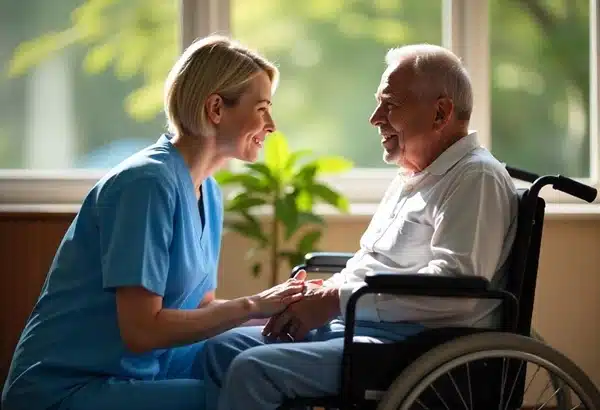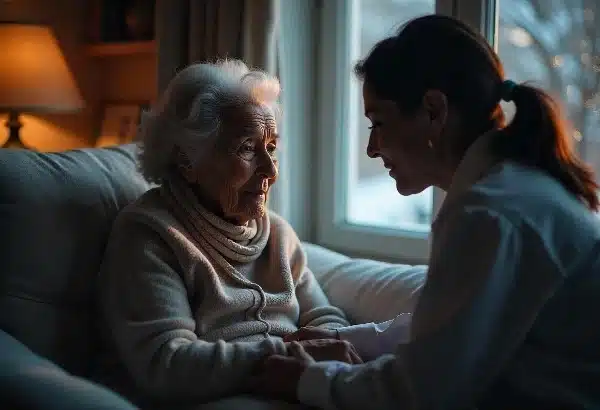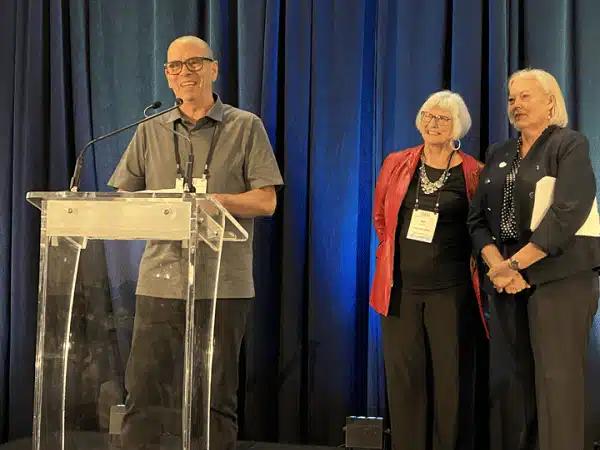Recent research study releases information about what helps people end their lives as peacefully as possible. Dr Howard LeWine summarizes:
- “being at home instead of in the hospital
- not undergoing chemotherapy or other active cancer treatment
- not having a feeding tube
- talking with a chaplain or other minister, and spending time in private religious activity
- having a good relationship with the health-care team
- not being anxious”
Psychosocial needs, comfort, less intervention, feeling valued and significant are the things that matters most. Researcher Dr Holly Prigerson “It’s not . . . how much chemo or what procedures are performed or heroics. In fact, it’s the opposite. It’s the human connection that seemed to be the most important [for] good quality of end-of-life care.” https://www.health.harvard.edu/blog/as-cancer-death-approaches-palliative-care-may-improve-quality-of-life-201207115017
Providing good psychosocial support is essential, but you need to PLAN to make it happen.
In the LDM Online course Compassionate Communication instructor Elizabeth Causton writes:

Plan ahead, plan ahead, plan ahead.
- Anticipate the changes that are likely to happen.
- Do not be surprised and let families be surprised by events that are common!
- Give ongoing, accurate information with compassion helps family members learn to anticipate changes thatmay occur, validate the changes that they see, and participate in the dying process with their loved one to the extent that they choose to.
This care can greatly reduce the fear and anxiety that are often part of difficult conversations, help to avoid emotional ‘scenes’ and crises, and bring families on board early enough that they can work with the health care team, not counterproductively.
Kath








